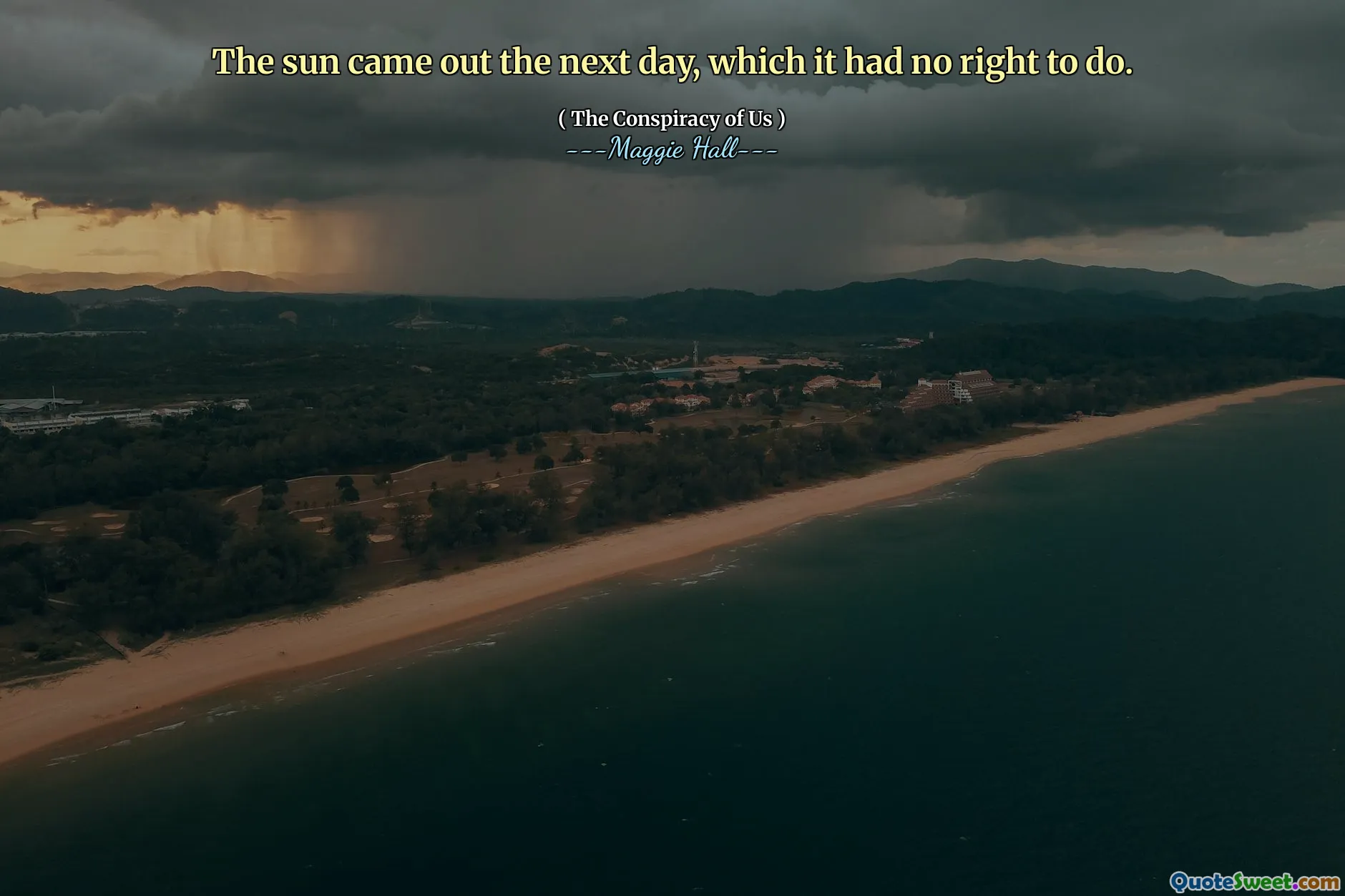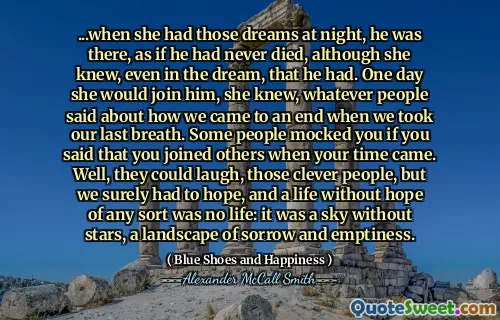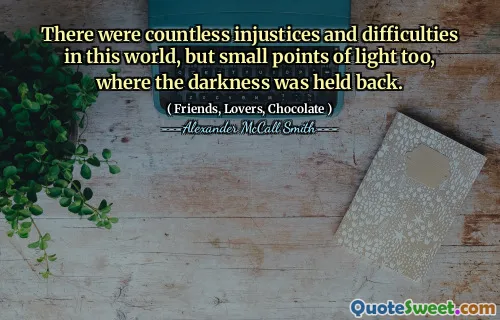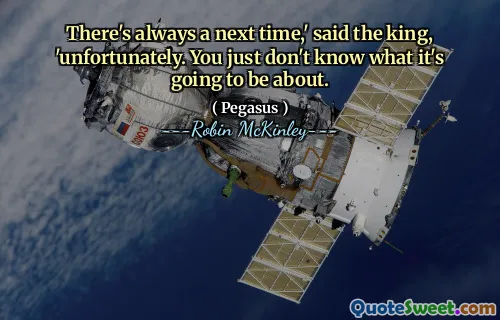
The sun came out the next day, which it had no right to do.
This quote captures a remarkable moment of unexpected hope and renewal amid uncertainty or despair. The phrase suggests that despite circumstances that might have seemed bleak or predetermined, a natural or inevitable change occurs, symbolized by the sun appearing anew. In the context of Maggie Hall's 'The Conspiracy of Us,' such a statement can resonate deeply, reflecting moments where characters experience unexpected turns of fortune or revelation, challenging their perceptions of fate and control. Sometimes, life seems to be governed by strict rules or dark prophecies, yet nature or destiny surprises us, illuminating paths we thought were closed. The idea that the sun has 'no right' to do something emphasizes a sense of defiance against expectations—a kind of poetic justice where hope and light defy the odds. It reminds us that change is often beyond human control and that, no matter how dark the night or how hopeless a situation, there's always the possibility of a new dawn. This sentiment can inspire readers to hold onto optimism, even in dire times, recognizing that worlds can shift unexpectedly, bringing fresh possibilities and awakening a sense of resilience within us. The sun's return signifies persistence, renewal, and the inherent unpredictability of life, encouraging both characters in the story—and us as readers—to embrace hope when it seems most unjustified, because sometimes, the universe surprises us with light, even when we least expect it.






